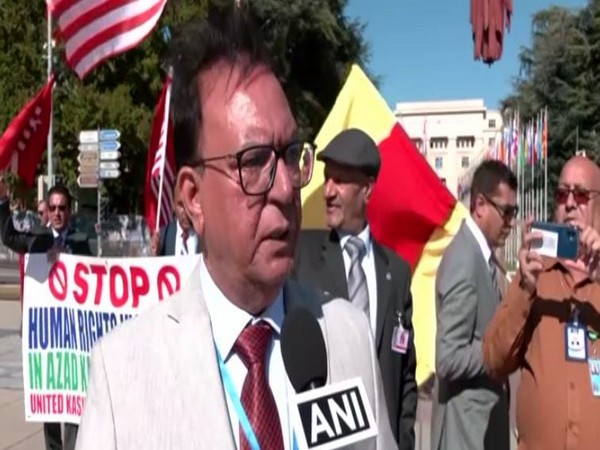UKPNP Chair Condemns 1947 Violence; Calls for Commemoration
UKPNP Chairman Shaukat Ali Kashmiri condemns the violence of Pakistani tribal militias on October 22, 1947, in Jammu and Kashmir. He urges peaceful protests to honor past sacrifices. Tributes are planned for leaders like Master Abdul Aziz and Maqbool Sherwani who resisted invaders and promoted unity.

- Country:
- Switerzalnd
The Chairperson of the United Kashmir People's National Party (UKPNP), Shaukat Ali Kashmiri, has denounced the atrocities committed by Pakistan-supported tribal militias during the anniversary of their attack on Jammu and Kashmir on October 22, 1947. This pivotal event in regional history initiated a prolonged period of discord and suffering, fracturing communities for over seven decades.
Sardar Shaukat Ali Kashmiri, speaking from exile, implored party members and supporters to remember the martyrs who defended Jammu and Kashmir. He advocated for peaceful demonstrations and events designed to spotlight the ongoing battle against oppression, stressing the need to remind international observers of the sacrifices endured by the people of Jammu and Kashmir.
The UKPNP intends to pay homage to significant figures such as Master Abdul Aziz and Maqbool Sherwani, whose courage in the face of invaders was unwavering and paramount. Abdul Aziz's leadership and dedication to his land and its people are particularly emphasized, as the party encourages supporters to participate in remembrance activities. These plans aim to strengthen the region's commitment to peace, justice, and unity.
On that fateful day in 1947, tribesmen from Pakistan's North-West Frontier Province, backed by the Pakistani government, initiated an offensive on Jammu and Kashmir. Their rapid progression towards Srinagar prompted Maharaja Hari Singh to seek India's military aid, leading to the signing of the Instrument of Accession on October 26, formalizing Jammu and Kashmir's alignment with India. This marked the onset of the First Indo-Pakistani War, a conflict that remains unresolved.
(With inputs from agencies.)










